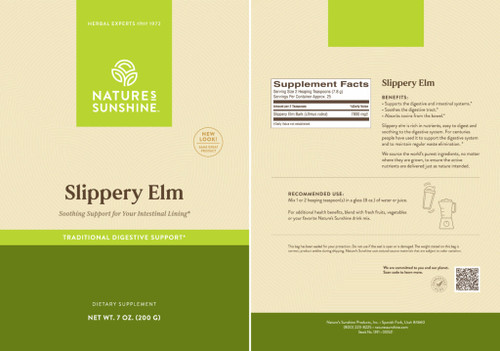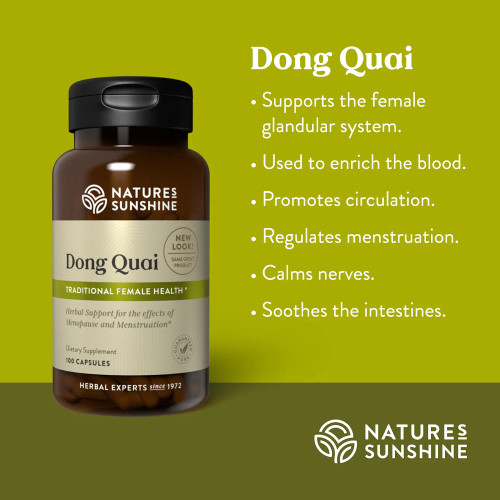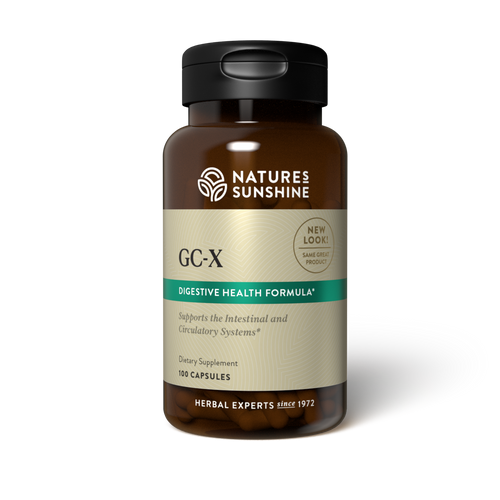Benefits:
- Supports the digestive and intestinal systems.
- Soothes the digestive tract.
- Helps maintain normal elimination.
- Absorbs toxins from the bowel.
How It Works:
Slippery elm is rich in nutrients, easy to digest and soothing to the digestive system. For centuries people have used it to support the digestive system and to maintain regular waste elimination. Slippery elm supplies mucilage to soothe the digestive and intestinal tracts. Mucilage is a long chain of sugars that form a slippery substance when combined with water. Mucilage can settle the digestive tract, absorb toxins from the bowel and help maintain regular elimination patterns.
Ingredients:
Slippery elm bark.
Recommended Use:
Take 2 capsules with a meal twice daily.
The elm family includes red, grey or soft elm. They grow commonly in the moist climates of New England and the Great Lakes region of the US and in Canada. Elm trees can be 50 feet tall and live as long as 200 years! Their bark has deep grooves. The inner bark is dried and powdered and may be taken as a tea, extract, capsule or a powder mixed into liquid. According to lore, General George Washington’s troops survived for many days on a gruel of slippery elm during the harsh winter of 1777-78 at Valley Forge, Pa. The red elm tree was used by many Native American tribes for building materials, and for making ropes and cords. The Iroquois scraped the bark off and used it topically. The Dakota and other tribes boiled the fresh inner bark and drank it as a natural laxative. When mixed with water, the inner bark creates a lubricating gel that coats and soothes internal and external tissues. Natives shared their discoveries with settlers who adopted the tree and its amazing health benefits.

















